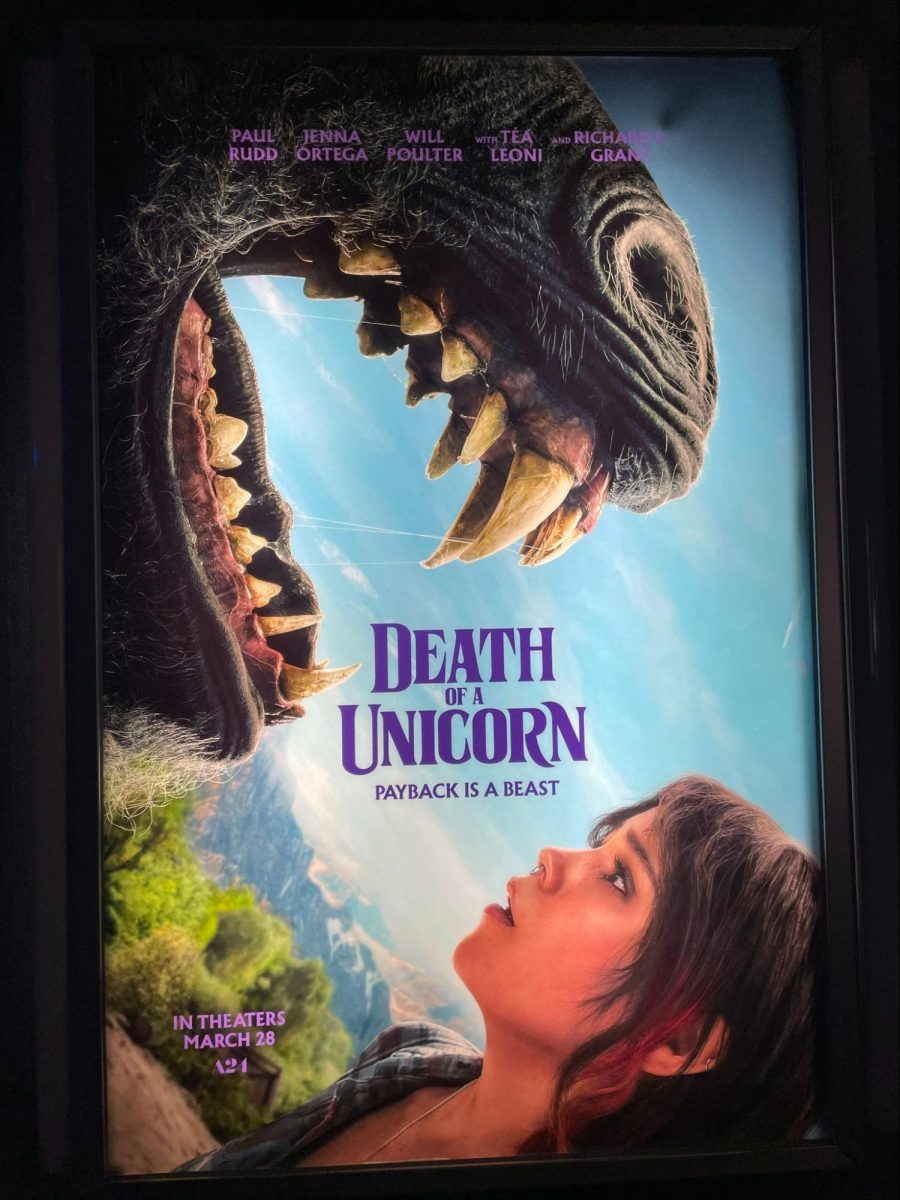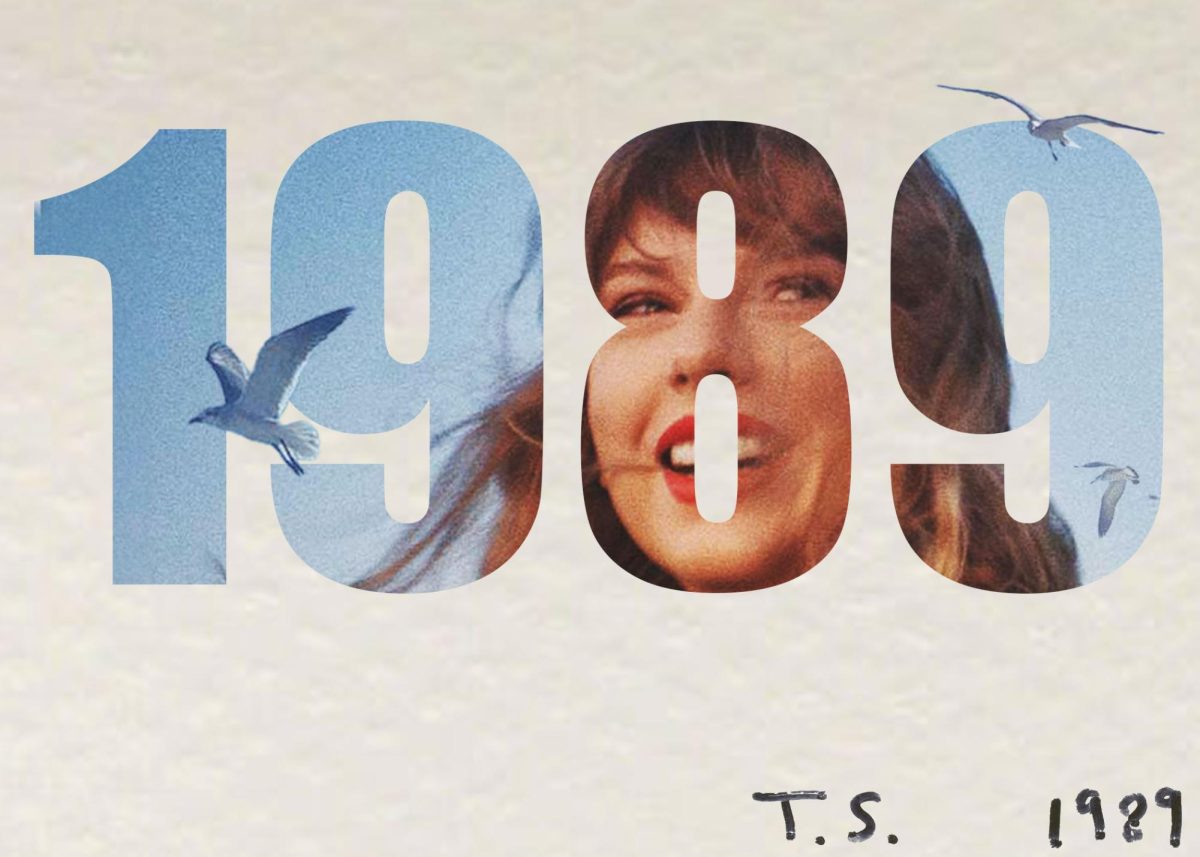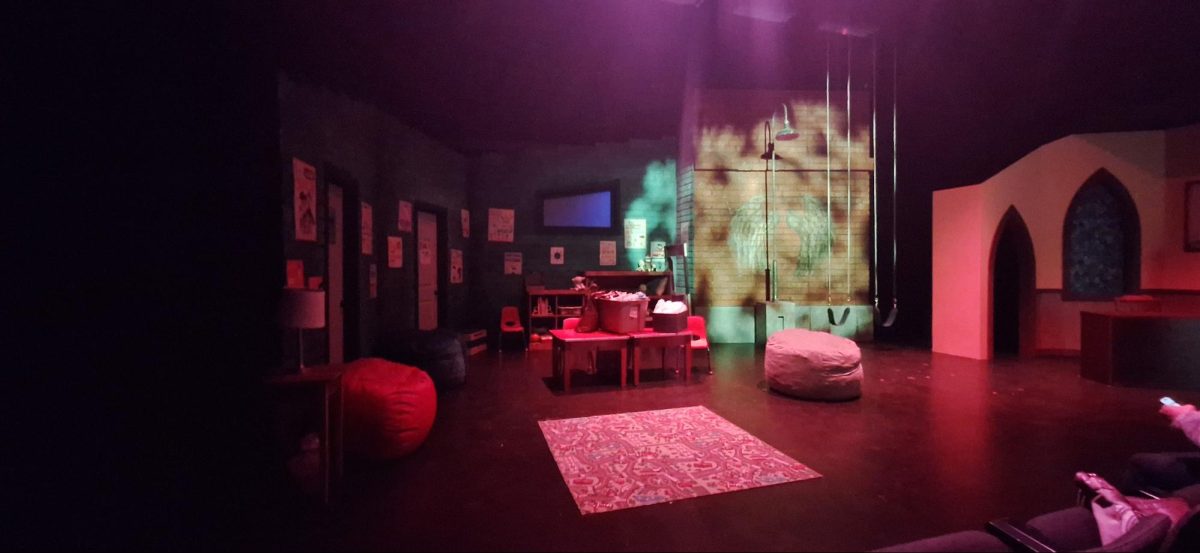There’s a specific word that gets tossed around all too casually whenever an established artist releases new work.
In 2022, Kendrick Lamar released “Mr. Morale and The Big Steppers” and subverted expectations by incorporating grand piano and subdued violin instrumentals that you might hear in a church choir instead of in a rap album. This is a huge jump sonically from his last album, and the one before that. You could say he “redefined” his style more than once.
Or in the context of Hollywood; Todd Phillips’s new film “redefined” the character of The Joker by altering the source material, changing what audiences have come to expect. And you probably heard it last week. Tyler, the Creator redefined himself as a creative with his new album, “Chromakopia.”
One could argue that by shedding his pastel colors in favor of greyscale and donning a mask straight out of an Orwellian nightmare, Tyler has become someone new and represents a new side of himself. And while this fits perfectly with the themes of the album, I would argue the opposite.
“Chromakopia” embodies all of what makes Tyler unique as an artist and harkens back to his roots, but the end product is a mixed, messy bag as a result.
As a fan, one of my favorite aspects of Tyler’s discography is the fact that I’m able to hear him grow older and evolve throughout the years. Starting with “Bastard,” Tyler’s first few projects were unabashedly raw. Harsh words and noisy instrumentals immediately separated himself as a powerful voice, even if the music itself isn’t gorgeous.
He’s never been afraid to share how he feels or embody a persona that seems to go too far. One of my favorite songs of his, “Sarah,” is perverse and extreme, but the snappy beat and overwhelming energy that he brings to the track is infectious. Even though the subject matter is taboo, he’s willing to go there, and his audience doesn’t seem to mind since the song is just that good.
And it’s not like Tyler has snuffed this style out since the early days, but his latest music has been much more orchestral, with cascading harmonies and grand, two-part songs that paint cinematic pictures. In my opinion, this is when Tyler is at his best.
But sections of “Chromakopia” remind me of the good old days, when the beat was simple and the lyrics were loud. “Sticky” is a good example of this, doubling as an anthem of sex and violence. The instrumentals in the first part of the song consist entirely of human vocals. As the background whistles and chants, Tyler and his star-studded features go in. It reminds me a lot of “Tamale,” which has become one of his biggest early hits.
But as “Sticky” progresses, the chants fade into the background in place of descending piano chords. The outro is a simple, yet elegant harmony from some vocalists, and it contradicts with the rest of the song. What was an exciting clash of drums, horns, and vocals has become a majestic and short-lived ballad. While it isn’t a big deal on this track, this clashing of styles is a consistent issue for me throughout the album.
“I Killed You” is a low point on the album for this reason. The song has too many ideas to fit into 3 minutes. The intro sounds like some demented merry-go-round chorus, and it quickly becomes something else. Tyler rhymes to a backing of simple hand drums, as horns and (what sounds like) xylophone chords flutter in and out of the song. Soon, background vocalists shout and acoustic guitar strings pepper the beat.
All of that happens in the first minute and a half, and it’s difficult to latch onto the lyrical flow with so many other moving parts. Right at the 1 minute and 30 second mark, the song becomes ethereal, with hums and oo’s floating below the drums. It’s such a drastic tonal shift that makes the first part of the song hard to come back to.
This happens a lot on the album, Tyler prioritizes variety and sound layering over a digestible rhythm that you can easily revisit. “Noid” and “Tomorrow” are incredibly meaningful songs, but the message gets lost in the chaos. “Tomorrow” sounds like it wants to be more introspective but the bass stings seem unwarranted in the quiet nature of the rest of the song.
He’s trying to channel two things; the easy head banging of tracks like “Domo23” with the sprawling slow jams of “Boredom.” But when each song on the album is less than 5 minutes, there’s not enough time to let each piece breathe and develop.
This is where my complaining ends and my praise begins.
This is an album about familial expectations and the struggle of self-acceptance. Tyler’s relationship with his parents has been rapped about for years now, but never with more care than on this album.
Voice memos from Tyler’s mother are sprinkled throughout the album, tidbits of wisdom about all aspects of life. Mostly though, she pushes Tyler to walk his own unique path. To reject the image of adulthood that society pushes and embrace instead the image that comes most naturally.
“Like Him” is an incredible track that addresses the fear of resembling one’s father, of trying and failing to distinguish yourself in the eyes of your family. It’s a beautifully haunting medley that everyone can relate to on some degree.
“Hey Jane” is another highlight for me, a simplistic and effective song that tells the story of an unplanned pregnancy from both perspectives. The confusion and tension in the lyrics from both sides seems scarily accurate, as if Tyler has gone through this before. I was gripped by the narrative each time I heard it, and the last line, “No pressure,” gives us no closure on purpose. We can pretend like there’s no expectation from the figures in our lives, but when it comes to children, the weight of the world is on our shoulders.
There are some instances where the clashing musical styles really work for me. The album opener, “St. Chroma,” is an epic, sprawling song of confidence. As boots march on militantly in the background, Tyler sings about his illustrious career. The foreboding marching clashes with the positive lyrics of the song, and the chorus is angelic. But the result is a memorable and impactful jumpstart to the rest of the album.
“Chromakopia” is a cornucopia of musical ideas and elements. At its best, it’s an interesting and engaging album that will leave you with ear worms and tears. At its worst, it’s a confusing and all-too-abstract collection of noise that will fail to leave an impression.
As a longtime Tyler fan, I was not disappointed. But I can say with confidence that it does not fall under my top 5 favorite albums of his.



















